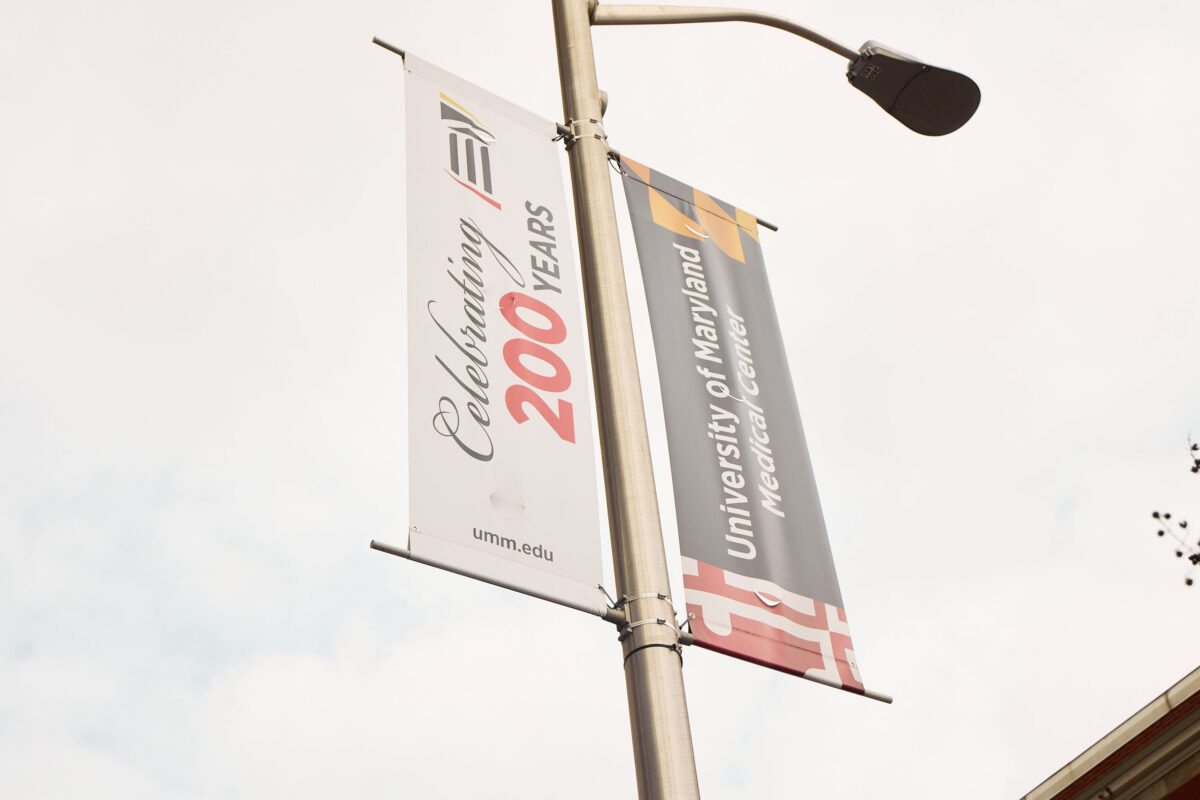Throughout this month, Technical.ly explored questions about higher education innovation like: What are the most innovative next-gen research and development projects emerging from local universities and labs? How are academics approaching tech transfer and the commercialization of their work?
If you have leads or thoughts, even beyond this month, we want to hear them. Email us at baltimore@technical.ly.
Still, can we explore those inquiries fully if biotech projects, in which the region has shown keen interest, often entail high upfront costs and long timelines before generating revenue?
Alastair Mackay, a venture specialist at the University of Maryland, Baltimore (UMB), suggested that another kind of project offers lower barriers to entry and quicker returns for investors.
“Everybody knows that biotech is … really hard compared to [something] like software development, where you have an idea for a variant of ‘Angry Birds,’ a game you play on your phone,” said Mackay.
He highlighted that while software projects might progress quickly, they are by no means easy, and it’s important to remember that money doesn’t grow on trees — even for software projects.
Although we’re seeing huge funding sums for the biotech scene in Baltimore, Mackay highlighted the importance of the timeline between med and health tech spinning out from universities and the possibility of rolling in dough, so to speak, if they actually do what they set out to do.
“It’ll take a long time and take a lot of money to run all those trials,” he said. “But if you do it, then you’ll be printing money because there’s so many old aging boomers.”
Mackay also pointed out that investors can easily opt for safer investments like Treasury bonds or online savings accounts, which offer relatively high returns with minimal risk.
The investing environment Mackay described makes it challenging to justify investing in ambitious and long-term biotech projects, which require substantial capital and time investment.
“That makes it really hard for university tech transfer offices,” said Mackay.
He noted the abundance of new drug and medical device ideas and startups like Harpoon Medical, a University of Maryland Medical System spinout that was acquired by Edwards Lifesciences in 2017. Five years later, one of its leading anti-carcinogenic drugs was discontinued due to modest activity.
“You want to see your baby, your Baltimore[-based] baby, go on to be a worldwide success,” said Mackay, who also noted that tech transfer is just not always a straight or long story.
There are also companies like Medcura, a Riverdale-based medical device company that closed on $7.4 million in Series A financing back in 2021; and Breethe, another major spinout from the university system that is still headquartered in Baltimore which got its FDA clearance in 2020.
“And that was that was more recently sold to a big medical device company,” said Mackay. “There’s a lot of Breethe’s story — as a new medical device headed towards commercialization, that story is still to be written.”

This story is a part of Technical.ly’s Future Research Month. See the full 2024 editorial calendar.
Before you go...
Please consider supporting Technical.ly to keep our independent journalism strong. Unlike most business-focused media outlets, we don’t have a paywall. Instead, we count on your personal and organizational support.
Join our growing Slack community
Join 5,000 tech professionals and entrepreneurs in our community Slack today!

The person charged in the UnitedHealthcare CEO shooting had a ton of tech connections

From rejection to innovation: How I built a tool to beat AI hiring algorithms at their own game

Where are the country’s most vibrant tech and startup communities?



